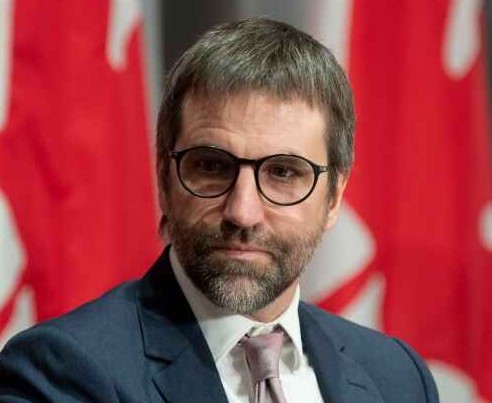By
April 26, 2021
-Western Standard
A Liberal Commons committee has voted for the government to regulate YouTube, says Blacklock’s Reporter.
The feds said it will be up to YouTube management, not individual viewers to comply with the Broadcasting Act.
The committee on Friday stripped a YouTube exemption from Bill C-10 An Act To Amend The Broadcasting Act that would regulate Netflix and other internet video services.
It includes a requirement they “contribute significantly to the creation and presentation of Canadian programming.”
“When you or I upload something to YouTube or some other sharing service, we will not be considered broadcasters for the purposes of the Act,” testified Thomas Ripley, director general of broadcasting for the Heritage Department.
“In other words, the Canadian Radio Television and Telecommunications Commission couldn’t call us before them and we couldn’t be subject to CRTC hearings and whatnot.
“The programming we upload onto YouTube, that programming we place on that service, would be subject to regulation moving forward. It would be the responsibility of YouTube.”
When Heritage Minister Steven Guilbeault introduced Bill C-10 last November 3 it exempted YouTube uploads from regulation.
“The way forward ultimately is to maintain the exclusion for individual users, but to strike down the exclusion for social media companies,” said Ripley.
“That means all the programming on those services would be subject to the Act regardless.”
Guilbeault complained in an earlier debate on the bill the Broadcasting Act was “frozen in the past” after last amended in 1991.
“What we risk in the long term is nothing less than the loss of our cultural sovereignty,” said Guilbeault.
But critics of Bill C-10 questioned impacts on free speech.
“A major concern for me is who would be defined as a broadcaster,” said Conservative MP Garnett Genuis (Sherwood Park-Fort Saskatchewan, Alta.).
“Who is in? Who is out? If people start their own YouTube channels and get a large number of subscribers, do they become subject to all kinds of regulations?”
Conservative MP Cheryl Gallant (Renfrew-Nipissing, Ont.) said the bill marked “the steady erosion of free speech in Canada,” including YouTube users.
“It is not in the best interests of Canadians to turn the CRTC into some kind of censor board beyond the reach of Parliament,” said Gallant.
“The only reason the government is doing this is to stretch the justification of regulating public airwaves into a justification for regulating private viewing. Our freedom of speech and our freedom of expression are not just about the right to be heard. It is about our right to hear, to listen, to see and to understand. It is a human right, not a Canadian privilege.”




